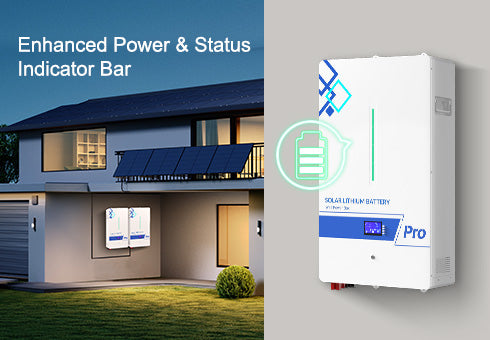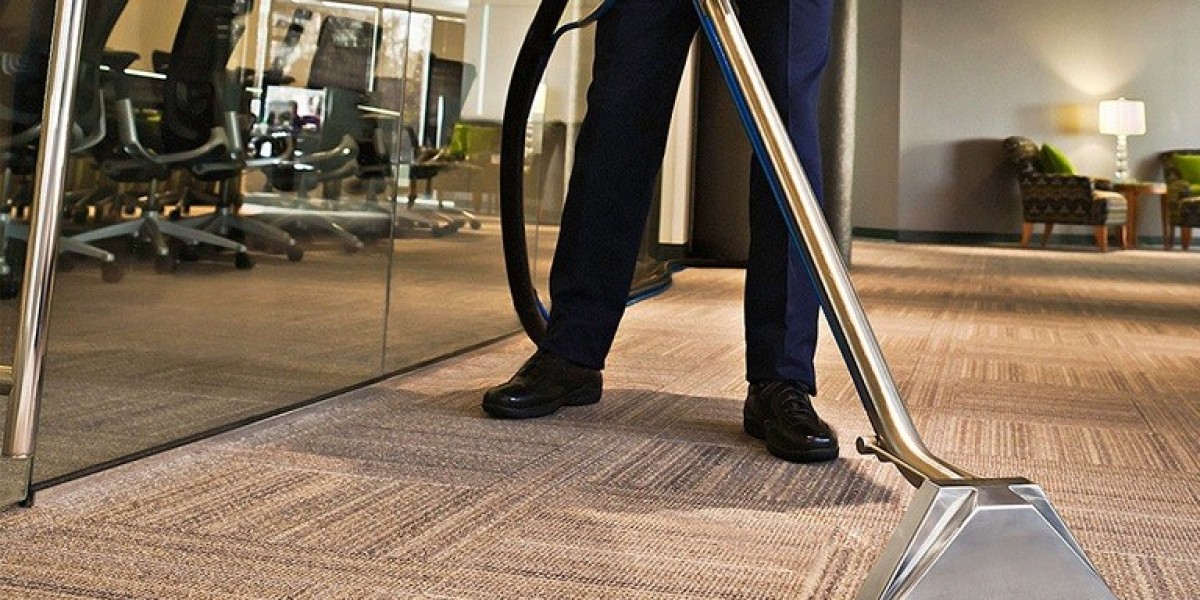Unleashing the Power of 48V Lithium-Ion Batteries: Everything You Need to Know!
Lithium-ion batteries have revolutionized the way we store and use energy, and among them, the 48V variant stands out for its versatility and efficiency. These batteries are crucial in a range of applications, from powering electric vehicles to serving as reliable energy storage solutions in renewable energy systems. In this article, we aim to provide you with a comprehensive overview of 48V lithium-ion batteries, including their specifications, applications, and the myriad benefits they offer. Whether you're a tech enthusiast, an industry professional, or simply curious about battery technology, this guide is designed to inform and inspire your understanding of this powerful energy source.

Understanding 48V Lithium-Ion Battery Specifications
To fully appreciate the capabilities of 48V lithium-ion batteries, it's important to delve into their technical specifications. A typical 48V lithium-ion battery pack consists of multiple cells connected in series and parallel configurations to achieve the desired voltage and capacity. These batteries generally have a capacity ranging from 20Ah to over 100Ah, which determines how much energy they can store. Energy density is another critical specification, often ranging from 150 to 250 Wh/kg, making them lighter and more efficient than traditional lead-acid batteries. Moreover, cycle life—how many times the battery can be charged and discharged before its capacity significantly diminishes—can exceed 2000 cycles for high-quality lithium-ion batteries. When compared to other battery technologies, such as nickel-metal hydride or lead-acid batteries, the 48V lithium-ion battery offers superior performance in terms of energy efficiency, weight, and longevity.
Applications of 48V Lithium-Ion Batteries
The versatility of 48V lithium-ion batteries makes them suitable for a vast array of applications across multiple industries. In the realm of renewable energy, these batteries are increasingly utilized for storing energy generated from solar panels and wind turbines. For instance, many homeowners have adopted 48V battery systems to store excess energy for nighttime use, thereby enhancing their energy independence. In the automotive industry, electric vehicles (EVs) leverage 48V lithium-ion batteries to provide the necessary power for hybrid and fully electric models, improving overall efficiency and range. Additionally, consumer electronics such as e-bikes and power tools are now frequently powered by these batteries, enabling longer usage times and quicker charging. A friend of mine recently converted their old bicycle into an e-bike using a 48V lithium-ion battery, resulting in a much smoother and longer ride compared to previous setups.
Benefits of Using 48V Lithium-Ion Batteries
The advantages of adopting 48V lithium-ion batteries are numerous and compelling. One of the most significant benefits is their high energy efficiency, which translates to less energy wasted during charging and discharging processes. This not only saves money on energy costs but also minimizes the environmental impact. Additionally, these batteries are known for their longevity, with many lasting up to a decade or more with proper care. Unlike traditional batteries that require frequent maintenance, lithium-ion batteries are relatively low-maintenance, making them a practical choice for both residential and commercial applications. Furthermore, they are less harmful to the environment, as they can be recycled effectively, reducing the strain on landfills. The benefits of 48V lithium-ion batteries have made them increasingly popular in modern technology, providing solutions that are both practical and sustainable.
Challenges and Considerations
Despite their many advantages, there are challenges associated with 48V lithium-ion batteries that users should be aware of. Safety concerns, such as thermal runaway and potential fire hazards, can arise if the batteries are not properly managed or charged. Additionally, the initial cost of purchasing these batteries can be higher than traditional options, although this is often offset by their longer lifespan and lower maintenance costs. Recycling lithium-ion batteries also presents challenges, as the processes are not yet as established as those for other battery types. However, advancements in battery technology and recycling methods are continually evolving, offering potential solutions to these issues. With proper education and precautions, users can mitigate risks and fully enjoy the benefits of 48V lithium-ion batteries.
Summary of 48V Lithium-Ion Battery Benefits
In summary, 48V lithium-ion batteries represent a significant leap forward in energy storage technology, offering a blend of efficiency, longevity, and versatility. Their specifications make them ideal for various applications, from renewable energy systems to electric vehicles and beyond. While challenges exist, the benefits far outweigh the drawbacks, making them a preferred choice in today's technology landscape. Whether you are looking to upgrade your energy storage solution or considering the best battery technology for your next project, 48V lithium-ion batteries deserve your attention. Embrace the power of modern battery technology and explore how it can enhance your life or business!








